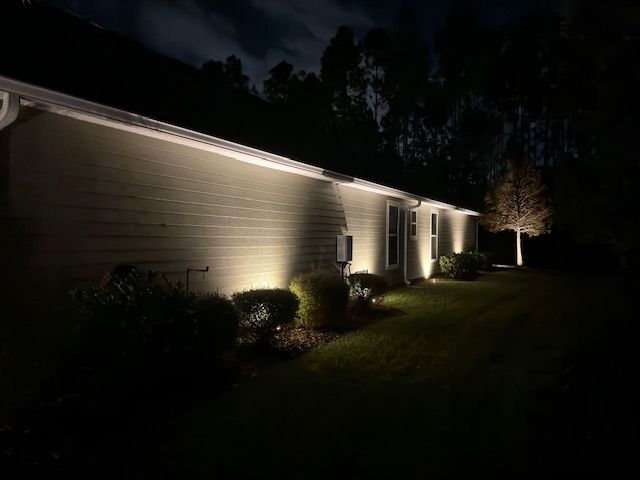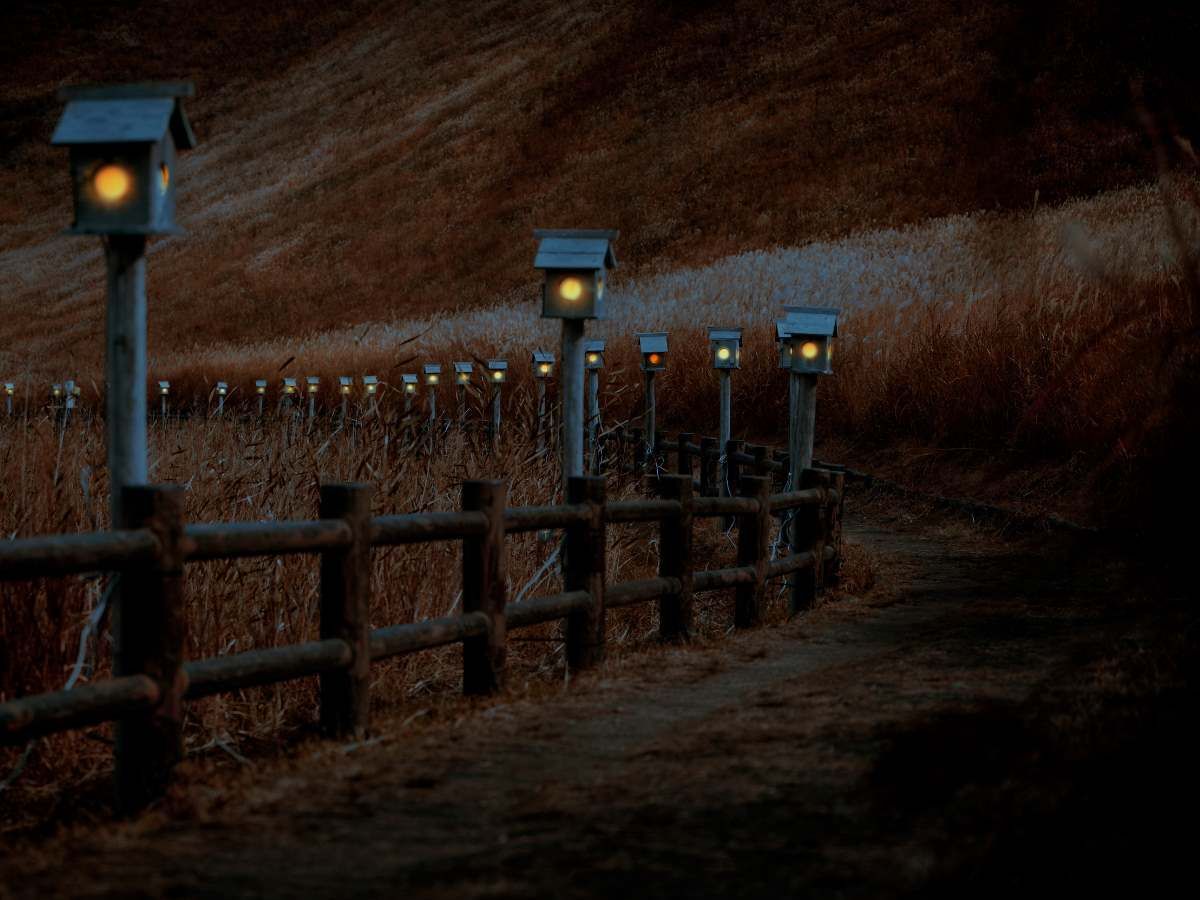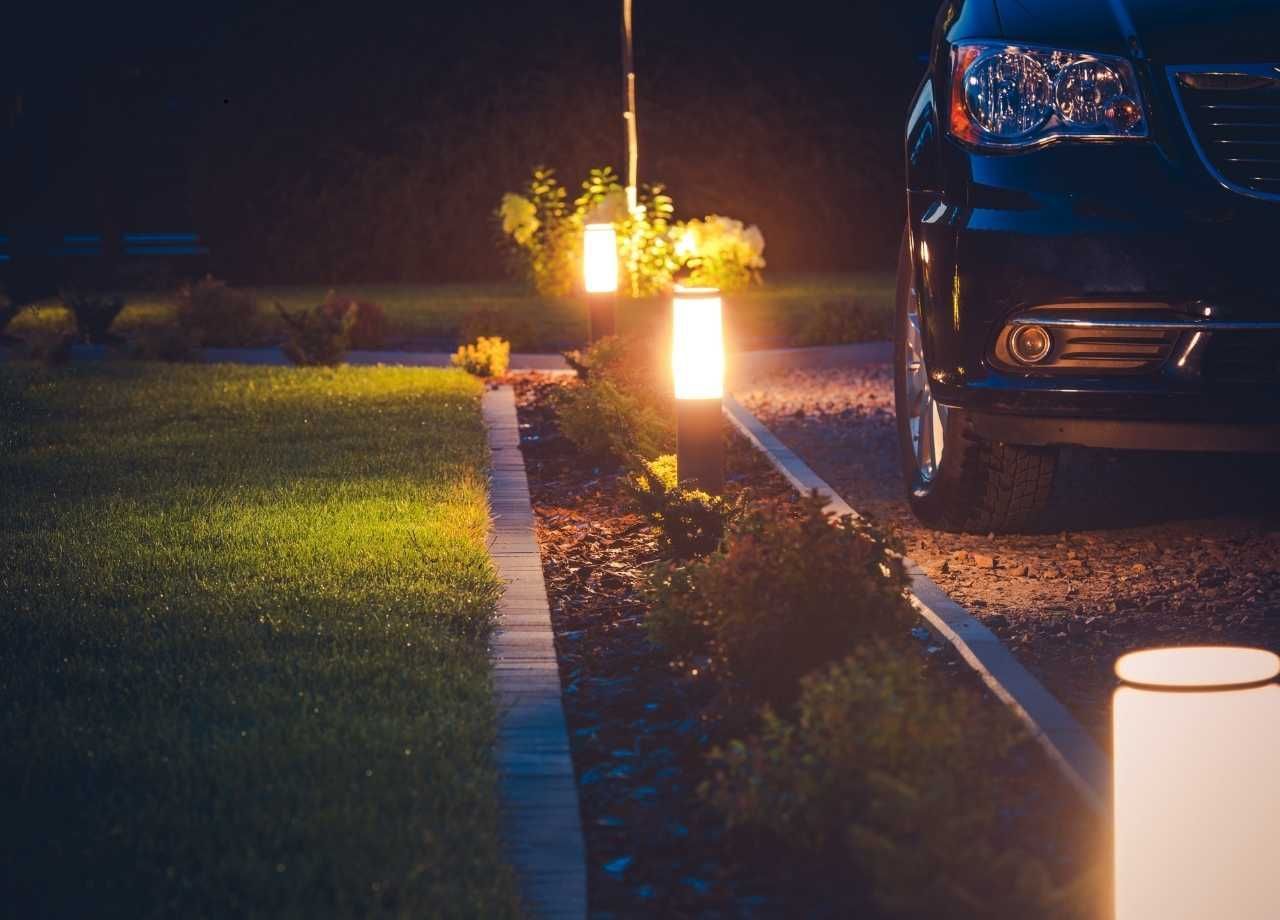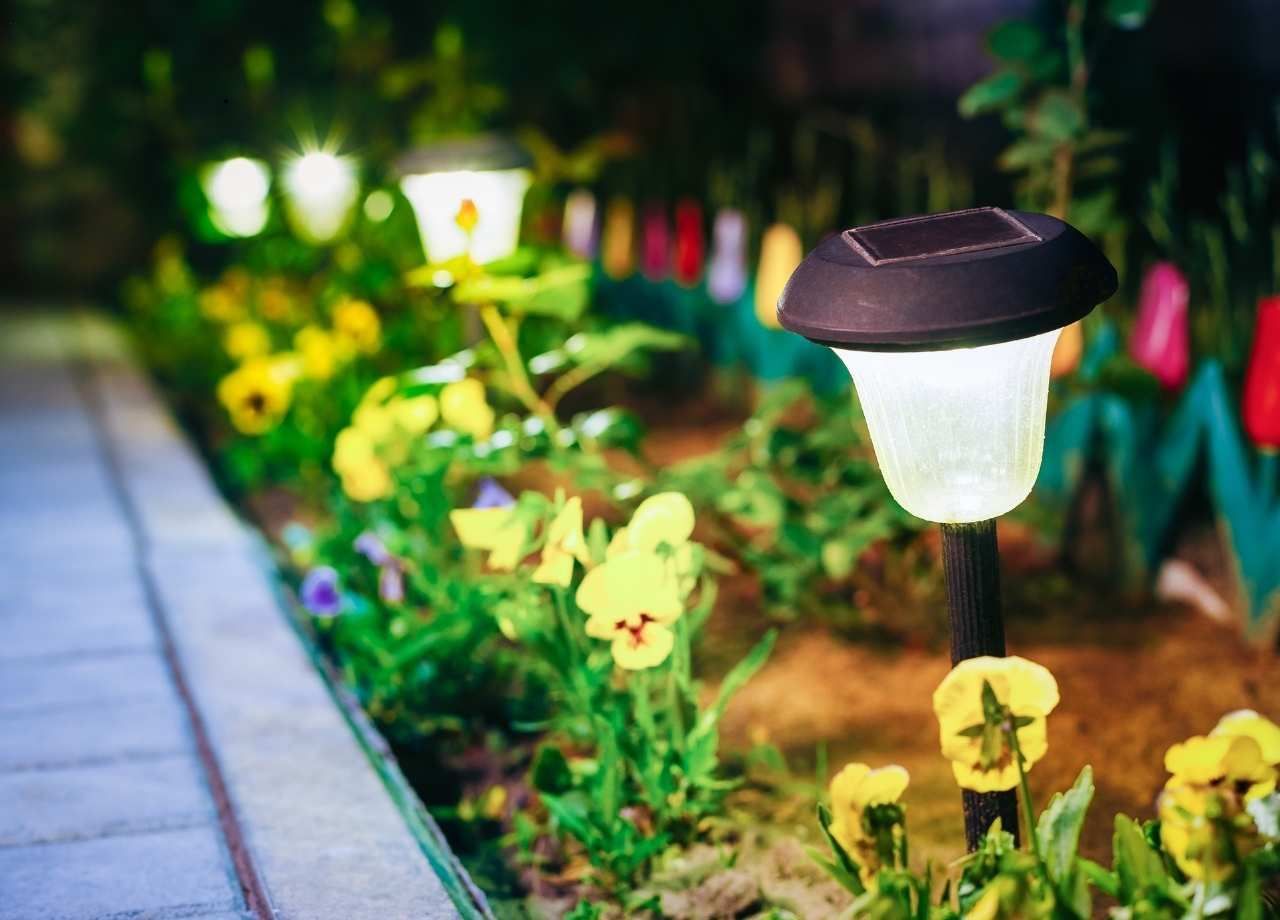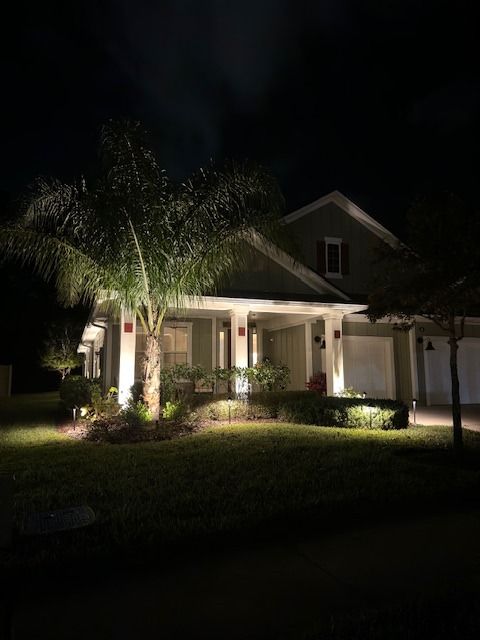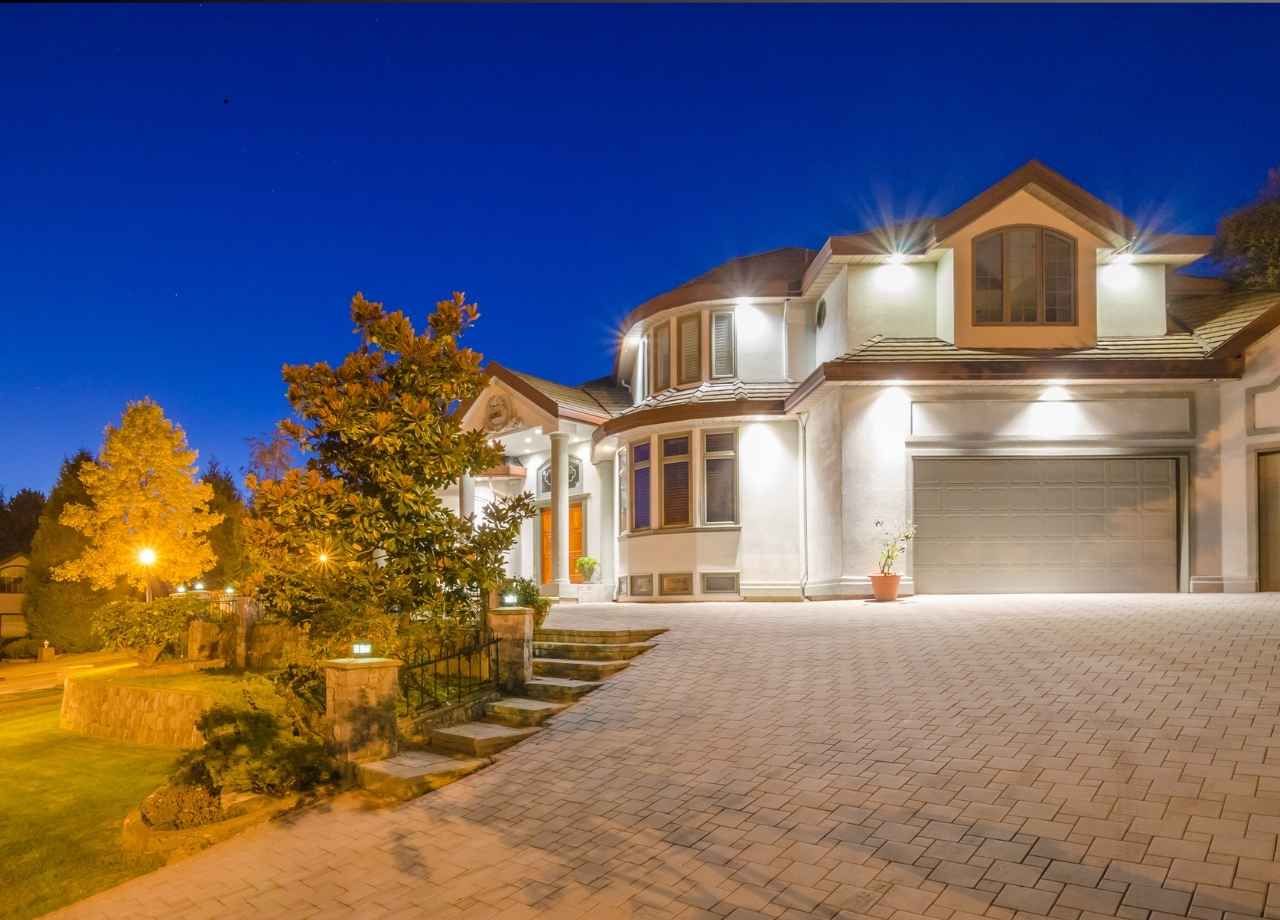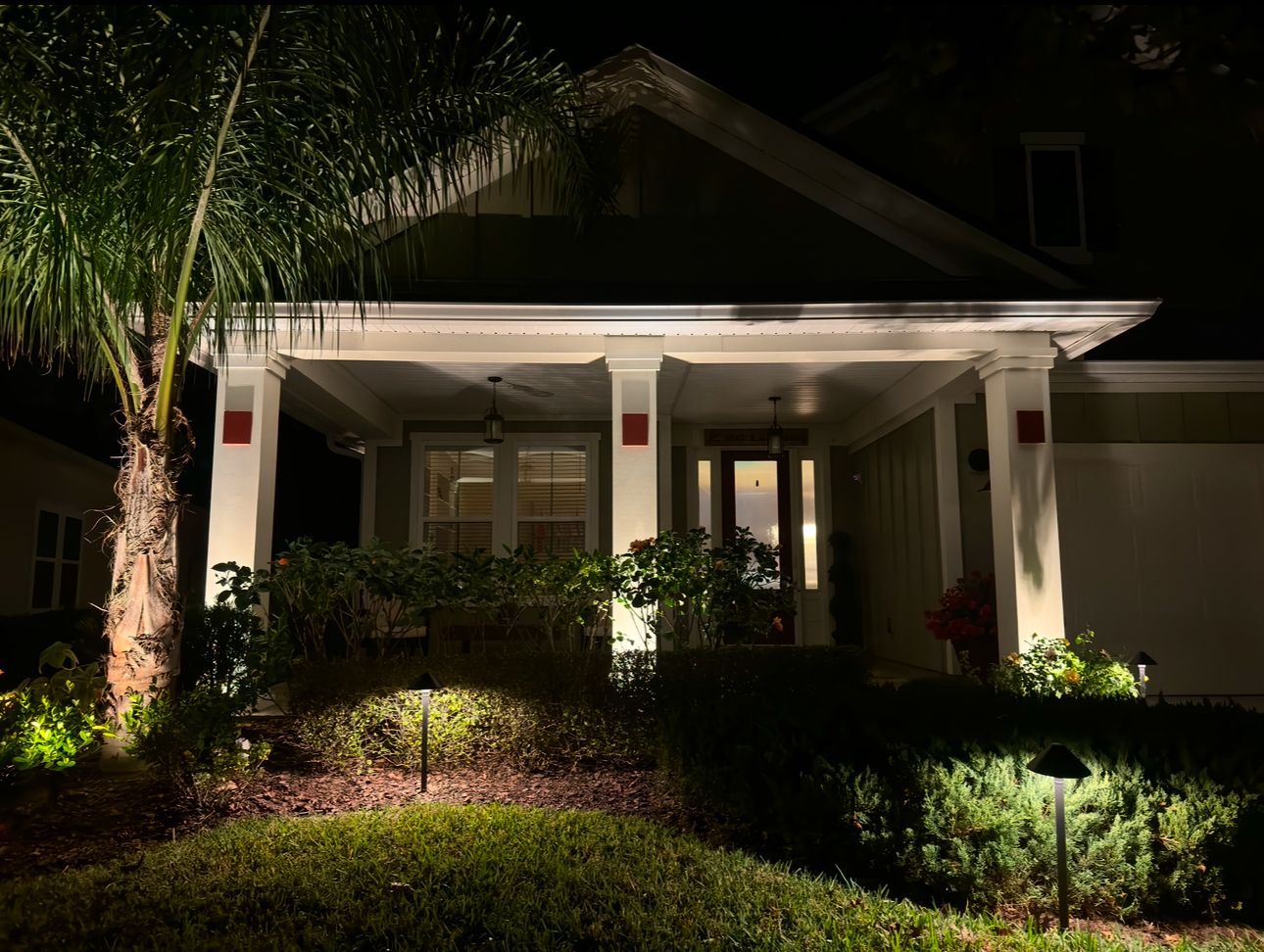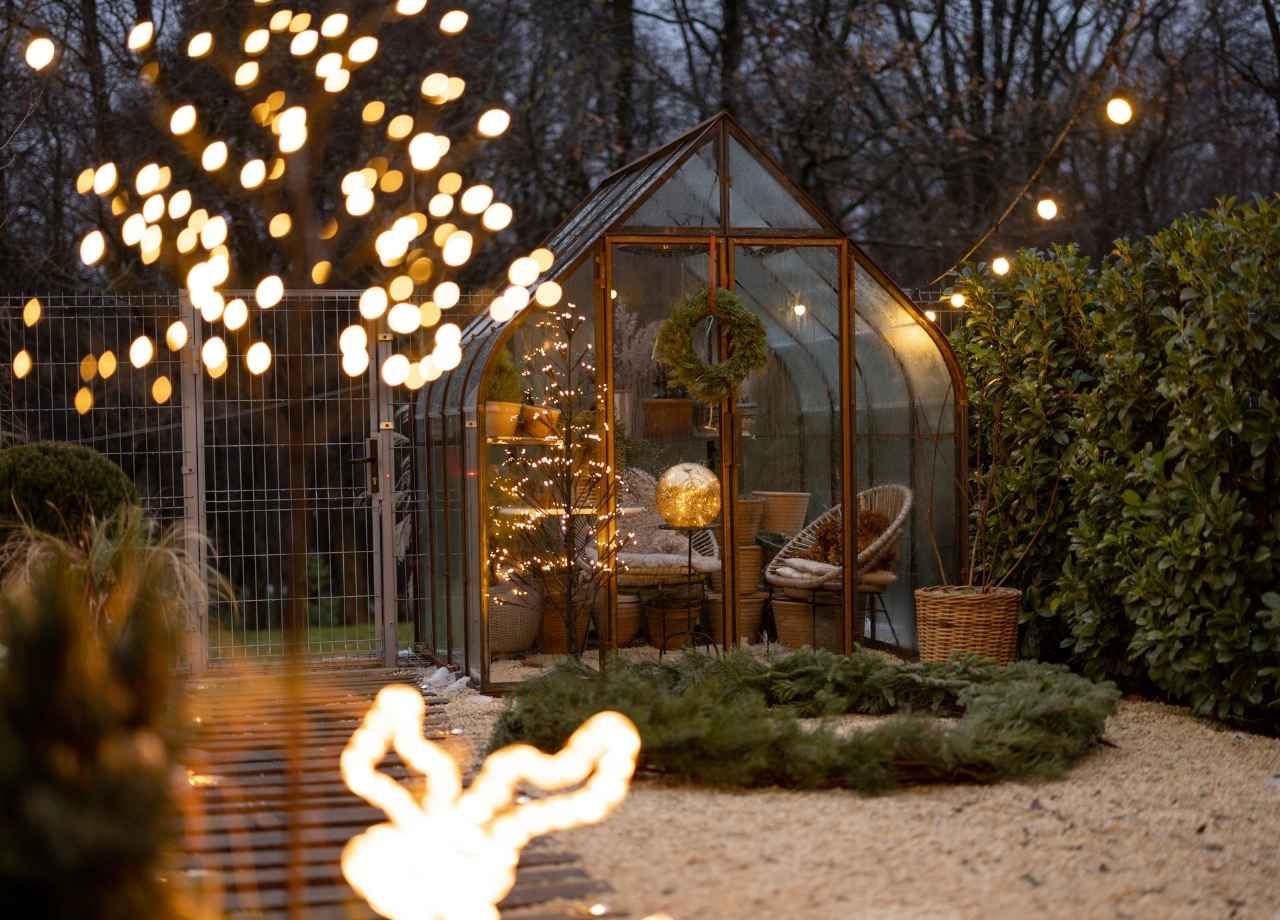Outdoor Decorative Lighting Ideas That Elevate Your Home’s Nighttime Curb Appeal
Exterior lighting doesn’t just illuminate your property after the sun goes down—it shapes how your home is perceived. The right decorative lighting creates a visual narrative that makes your home stand out, blending functionality with aesthetics. Whether you want your home to look welcoming, modern, dramatic, or timeless, decorative outdoor lighting plays a crucial role in defining its nighttime identity.
At Aloha Outdoor Lighting, we design and install lighting systems that bring character and elegance to Jacksonville properties while prioritizing energy efficiency, long-term performance, and visual harmony. That said, this guide dives deep into creative outdoor lighting ideas that can instantly lift your home’s curb appeal and architectural presence.
Framing with Uplighting and Silhouettes
One of the most visually effective ways to elevate nighttime curb appeal is by highlighting structural elements using uplights. Positioning low-voltage lights at the base of columns, corners, or textured walls casts a gentle vertical beam that reveals depth, texture, and architectural intent. Uplighting doesn’t just make surfaces visible; it adds drama and scale.
A variation of this is silhouette lighting. If you have a decorative screen, ornamental shrub, or latticework in front of a wall, placing a light source behind it creates striking shadow patterns that act like artwork after dark. These techniques are ideal for drawing attention to the unique features of a home’s façade or outdoor installations that deserve to be noticed.
Pathway Lighting That Does More Than Guide
Walkway lighting is often treated as a safety feature—and while safety is essential, it shouldn’t come at the expense of style. Modern decorative path lights can function as sculptural elements during the day and soft, directional lighting at night. By using fixtures with stylish forms and warm, diffuse light, pathways become softly illuminated guides that feel inviting rather than overly utilitarian.
Spacing is critical. Avoid the "runway effect" where lights are placed too close and too uniformly. A staggered arrangement that follows the natural curve of the path looks organic and keeps visual interest high. Consider integrating path lighting with low-growing foliage or bordering materials like stone or mulch for added texture.
Layering Light for Texture and Contrast
Great outdoor lighting isn't just about choosing one type of fixture; it’s about layering different sources to achieve balance and depth. Ambient lighting provides overall illumination, task lighting serves specific functional purposes, and accent lighting highlights focal points. Using all three correctly gives your exterior a polished, thoughtfully designed look.
Accent lighting, especially, can bring decorative flair. Use it to spotlight a custom address plaque, a beautiful tree, or a water feature. Combining downlights mounted in tree canopies with soft uplights on architectural features creates contrast between shadows and highlights. This interplay of light and darkness adds dimensionality that flat, evenly lit facades lack.
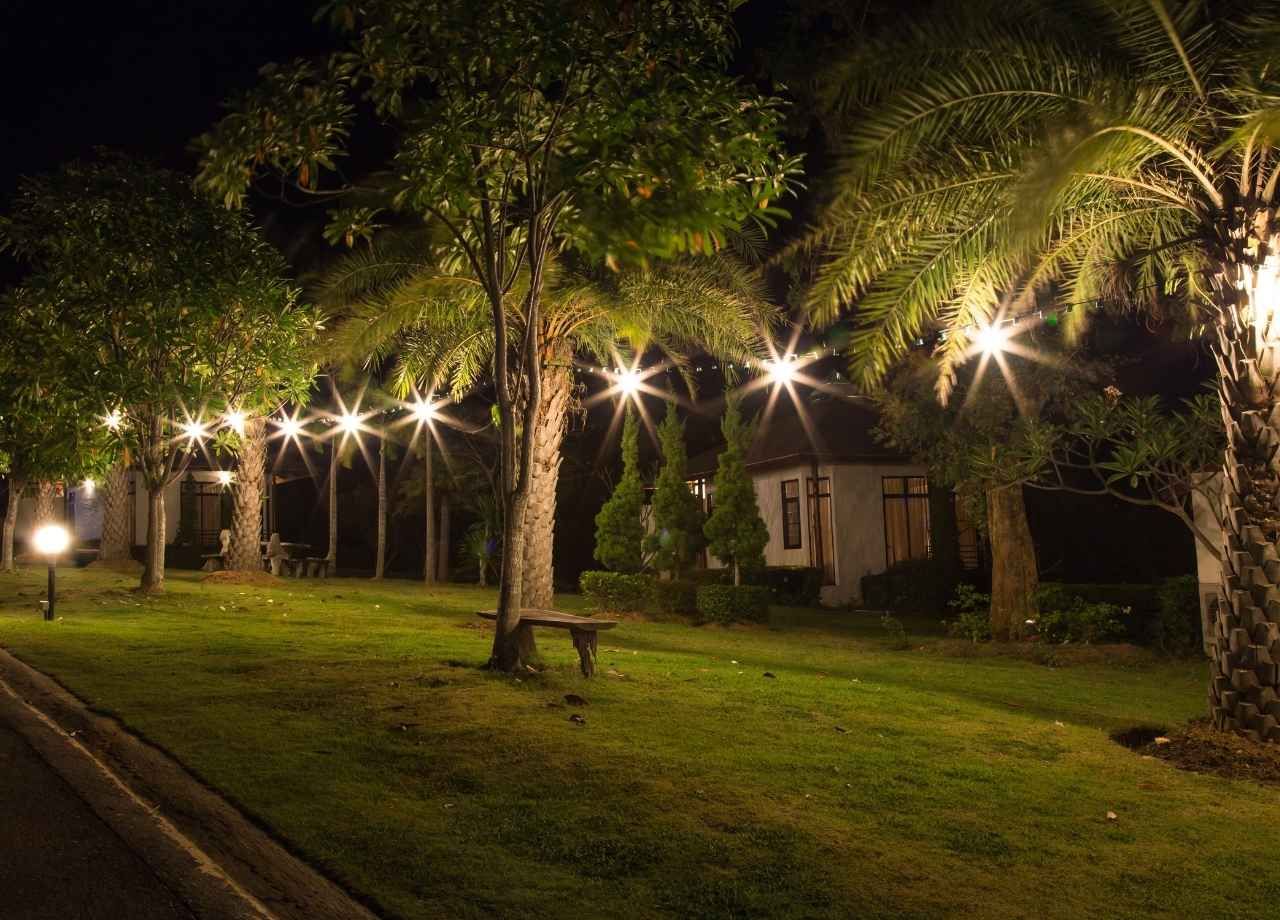
Statement Fixtures That Double as Art
Decorative fixtures that serve as both illumination and visual centerpiece are gaining popularity. Think of outdoor pendant lights suspended over a front porch, large wall-mounted lanterns flanking the garage, or even custom-made sconces with artisan finishes. These lighting elements can establish a tone for the home before a guest even steps inside.
Material choice matters here. Powder-coated aluminum, aged brass, matte black finishes, and seeded glass are all on trend and weather well. The fixture itself becomes part of your home’s architecture, so choosing one that matches the exterior style—whether coastal, craftsman, or modern farmhouse—is essential.
Subtle Glows Beneath Landscape Features
Lighting doesn’t always have to be in plain sight. Hidden well lights placed beneath trees, tall grasses, or garden art can provide a soft upward glow that draws attention without the fixture dominating the scene. This subtle approach enhances the landscaping without cluttering the visual field.
Try using these lights under ornamental trees like Japanese maples or palms to create dramatic shadows on adjacent walls or walkways. When done right, this technique provides both ambiance and sophistication without appearing staged.
Integrated Step and Riser Lighting
Stair lighting is often overlooked, but it’s one of the most practical and visually striking enhancements you can make. Installing LED strips or recessed fixtures into stair risers or the undersides of steps casts a gentle glow that improves safety and adds a high-end feel.
These lights should be warm-toned and low in brightness to avoid glare. With thoughtful placement, step lighting can appear almost invisible during the day but transform your entry or garden steps into glowing design elements at night.
Soft Washes on Exterior Walls
Wall washing is a technique where a wide beam of light grazes the surface of a wall, revealing its material and tone. When used on brick, stone, or stucco facades, it can emphasize the craftsmanship and texture while adding a gentle ambient light.
Use wash lighting to soften areas that would otherwise be in deep shadow, such as between windows or along garage walls. It’s especially effective on surfaces with interesting textures or varied colors. Keep the intensity moderate to avoid flattening the look of the wall.
Color-changing LED lighting has come a long way and can be used tastefully to add personality to your landscape. When used sparingly, colored lighting can enhance plantings, create seasonal themes, or celebrate holidays without appearing kitschy or overwhelming.
Soft blues or greens can highlight garden beds or create a tranquil feel around water features. Smart lighting systems let you adjust color and brightness on demand, giving you control over your nighttime atmosphere.
Final Thoughts on Lighting as Curb Appeal
Outdoor decorative lighting isn’t just a finishing touch—it’s a powerful design tool. The right choices can emphasize your home’s best features, extend your living space after dark, and create a mood that reflects your personal style. Whether you go for bold statement pieces or subtle accents that blend into the landscape, your lighting strategy should be as intentional as any architectural or landscaping decision.
Remember, less is often more when it comes to decorative outdoor lighting. Aim for balance, keep an eye on light temperature and direction, and think about how each fixture contributes to the bigger picture. With smart planning and expert installation, your home won’t just be visible after dark—it will be unforgettable.

